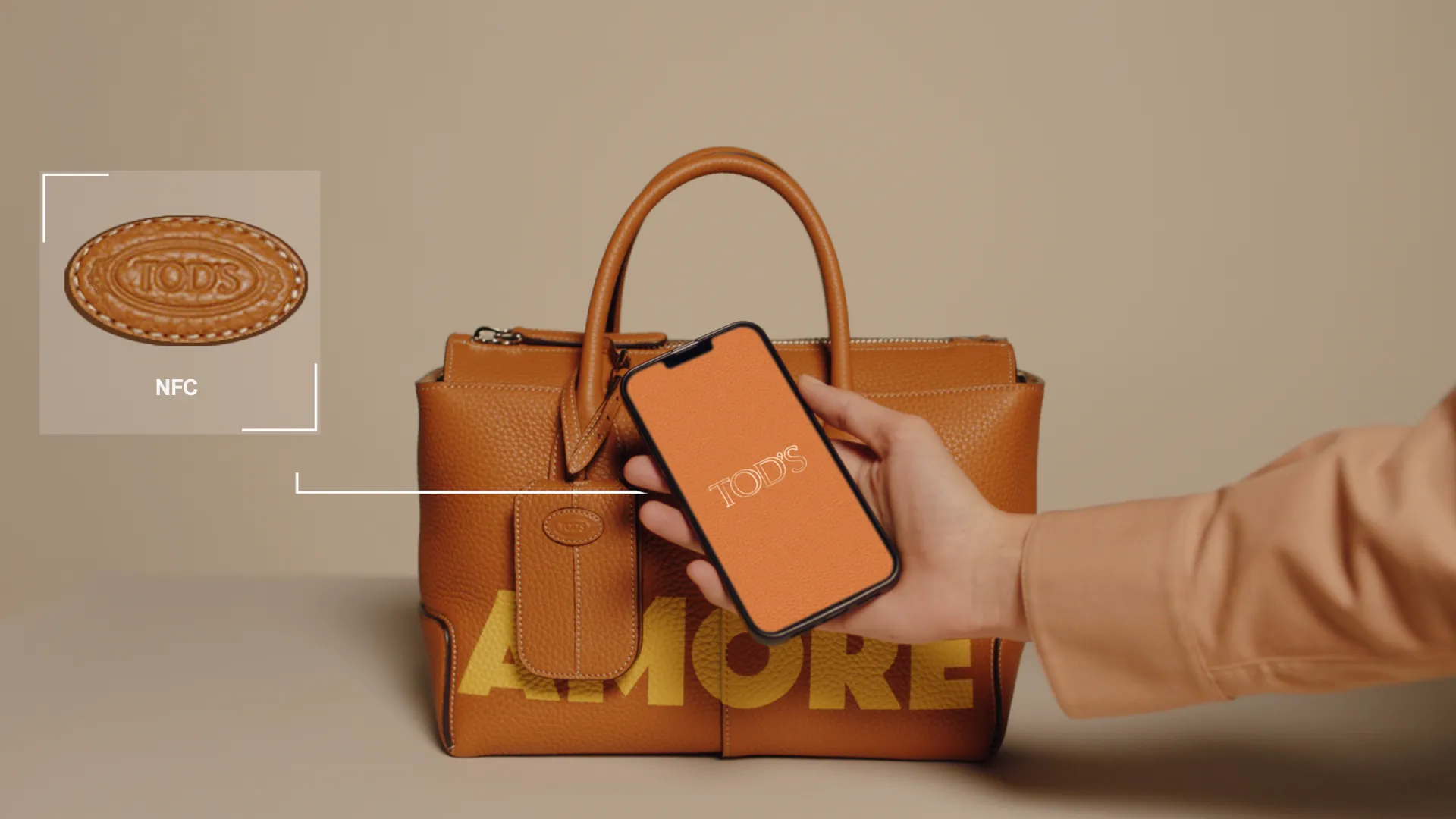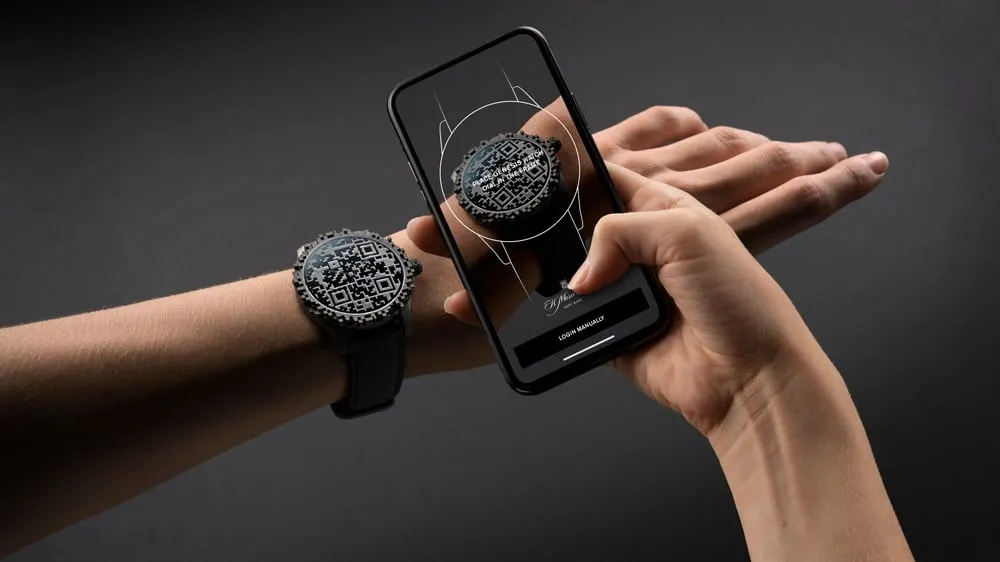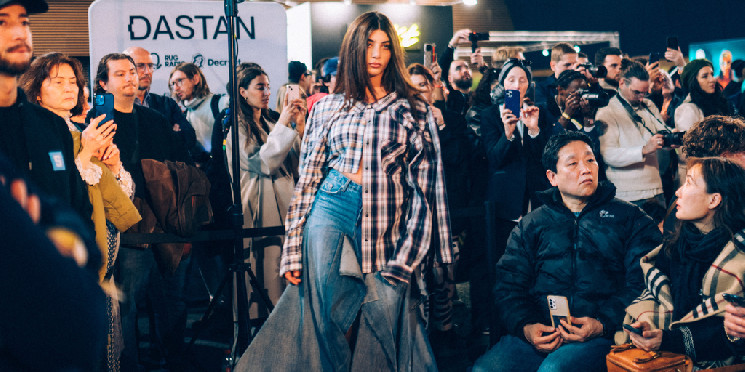Decrypt’s art, fashion and entertainment hub.
Last weekend at NFT Paris, just steps from the Eiffel Tower, dozens of high-level executives from the world’s top fashion, auto, watch and alcohol brands gathered with crypto thought leaders to shape the on-chain future of the luxury industry. discuss.
These brands have dipped their toes into several blockchain-enabled experiments over the past three years, ranging from immersive online metaverses Unpleasant ultra-limited drops of special products made for NFT holders.
Soon though, says Romain CarrereCEO of the Aura Blockchain Consortium – a collective founded by leading luxury brands to forge a unified approach to blockchain technology – will significantly improve the luxury industry’s relationship with crypto.
“Web3 customers [of luxury brands] are growing very quickly – it’s exponential,” Carrere said Declutter on the floor of the Grand Palais Ephemera this weekend at NFT Paris. “That’s why we’re expanding our Web3 features and tools as we see increased customer engagement.”
Carrere runs Aura, which counts among its 40 members titans of luxury including Louis Vuitton, Prada, Mercedes Benz, Dior, Cartier and Bulgari. Much of the executive branch’s attention is currently focused on preparing these companies for 2026 (or perhaps 2027), when the European Union’s new regulations on Digital product passports (DPPs) are expected to come into force.

A user scans an NFC chip embedded in a bag from Italian luxury fashion house Tod’s to access an Aura-powered digital product passport (DPP) linked to the item. Courtesy: Tod’s/Aura
DPPs, part of a package of EU regulations designed to promote sustainability in manufacturing, will soon require luxury brands (among many other types of European companies) to provide customers with detailed information about the origin and composition of their products. While the rules say nothing about crypto, Aura is seizing the opportunity to create an industry-standard form of DPPs for luxury brands that will leverage on-chain technology.
“If you only create a digital product passport [addressing the minimums of] Due to EU regulations, you do not get the customer engagement you are looking for,” says Carrere. “The customer is looking for an extra experience.”
The luxury brands under Aura’s leadership, encouraged by the response to previous on-chain experiments, are all in. Soon, Carrere says, European customers will get more than just basic supply chain information when they access the DPP associated with their Louis Vuitton handbag or bag. Dior jacket. Instead, they have a secure, on-chain portal at their fingertips – one that proves the unique authenticity of their luxury product and allows them to navigate various related functions.
“Loyalties, guarantees and insurance are going to be really big,” Carrere said of the features currently being built into on-chain DPPs for Aura member brands.

A user scans the unique QR code-style watch face of an H. Moser & Cie. watch to access a DPP associated with the item. With thanks to: H Moser & Cie./Aura
Thanks to Aura, as DPPs become the law across Europe, on-chain authentication is now poised to become an industry standard for luxury goods as well. How luxury brands choose to incorporate on-chain DPPs into their products is up to them; Many choose to sew physically NFC chips in their fashion items, says Carrere. Others are turning to new techniques such as AI image fingerprinting, which scans high-quality photos of products – down to the pixel – to verify provenance and authenticity.
While Aura creates a unified framework for these companies’ DPPs, the on-chain features each offers will vary based on each brand’s preference, Carrere said.
But nevertheless, the fact that so many leading brands are committing to linking all their products to blockchain networks – and that these rival brands are doing so in coordination with each other, through Aura – is a substantial development for the luxury industry, he thinks. .
“They can be fierce competitors,” Carrere said. “But now they are joining forces to create a standard for all luxury [industry], for the greater good. It’s something unique.”

